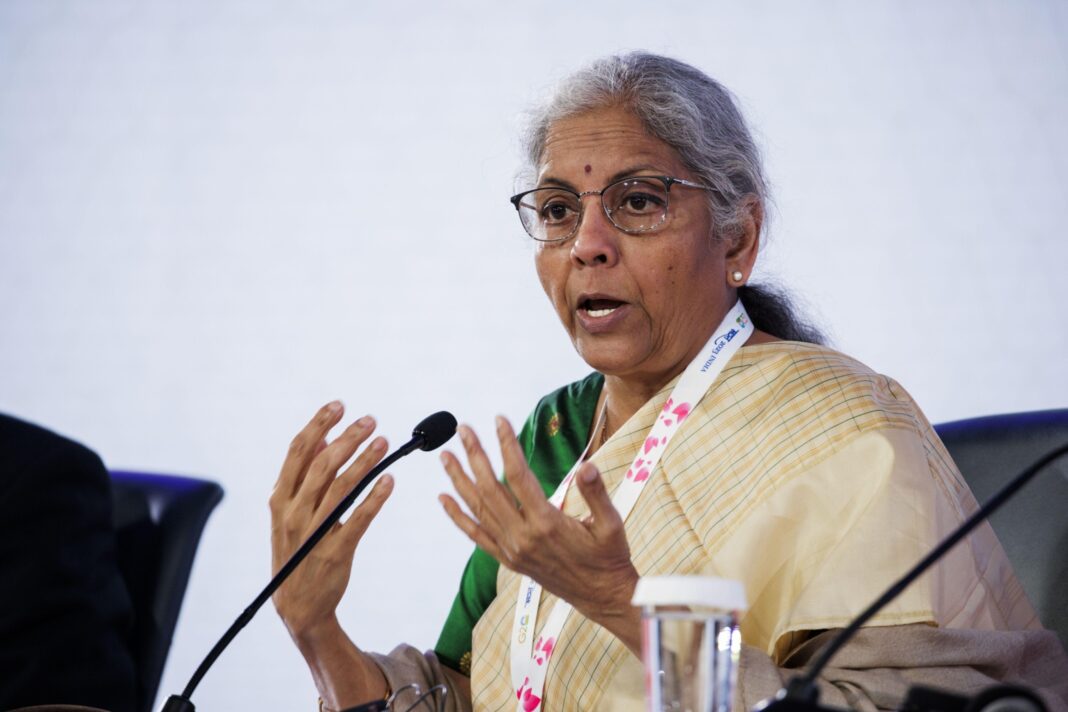[ad_1]
Last month, India under its current G20 presidency constituted the nine member expert group with Lawrence Summers, president emeritus at Harvard University and N K Singh, chairperson of the Fifteenth Finance Commission as the co-convenors of the group. The expert group held its first in-person meeting in Washington DC on the sidelines of the World Bank and International Monetary Fund spring meeting.
Global public goods benefit all citizens of the world and encompass many aspects of lives: from the natural environment, histories and cultures, and technological progress down to everyday devices such as the metric system. India has been showcasing UPI (Unified Payments Interface) as a success story of digital public good during its G20 presidency.
The expert group has been entrusted to chart a roadmap for an updated MDB ecosystem for the 21st century, with milestones and timelines; evaluate various estimates regarding the scale of funding required from MDBs for addressing member countries’ increased financing needs; and develop mechanisms for coordination among MDBs. The committee has been tasked to submit its report by 30 June.
“The WBG should optimise its balance sheets, better leverage existing capital, including from financial intermediary funds, and increase efficiency and lower transaction costs on trust funds. Leveraging existing resources should not necessarily foreclose capital increase in the medium-term, which remains the most powerful mechanism for increasing financing capacity with the lowest risk. We urge MDBs to increase their efforts to discuss and implement recommendations from the G20-convened Independent Expert Panel on Capital Adequacy Frameworks and encourage strengthened communications with credit rating agencies to support methodological revisions that would better factor in MDBs particularities,” it added.
[ad_2]
Source link



